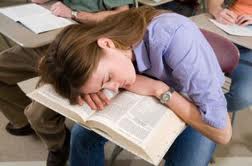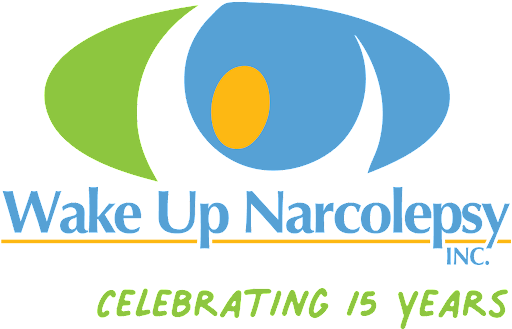Jun 09 2019
A Call for Later School Start Times
h in Blogs

True, most sleepy students are “simply” sleep deprived, but chronic, uncontrollable daytime sleepiness may indeed be a warning sign of narcolepsy. Though incurable, this lifelong sleep disease is treatable, so diagnosis is critical.
Often teachers are among the first to notice the symptoms of the disorder, but they need to know the warning signs and triggers that can lead to sleep attacks and other symptoms, such as cataplexy, which is the loss of muscle control or complete collapse. Cataplexy is usually brought on by laughter, surprise, or other strong emotions. And students with narcolepsy usually struggle with studying, focusing, and remembering things. By recognizing the symptoms, teachers can refer these students for further medical evaluation, and possible diagnosis (known as a sleep study) and treatment.
Still other symptoms, which can be equally debilitating, include sleep paralysis and vivid and often terrifying dreams that can be confused with reality. Automatic behavior is one more troubling symptom. For example, if you’re writing before falling asleep, you may scribble rather than form words. Most people who have this symptom don’t remember what happened while it was going on.
Unlike in most of America, schools in many of our peer nations, such as Australia, Canada, England, Germany, and Norway, generally start between 8:10 and 9:00 AM, nearly an hour later than the vast majority of their American counterparts.
Later start times would benefit all middle- and high-school students, including kids with narcolepsy, as the disease normally causes poor sleep at night, ironically, even with proper medical treatment. Every extra minute of nighttime sleep is critical to every student’s daytime quality of life and academic potential.
WUN is dedicated in part to raising awareness of narcolepsy among school teachers, nurses, and counselors so that medical attention and possible diagnosis can take place sooner, and treatment can begin to relieve symptoms.
